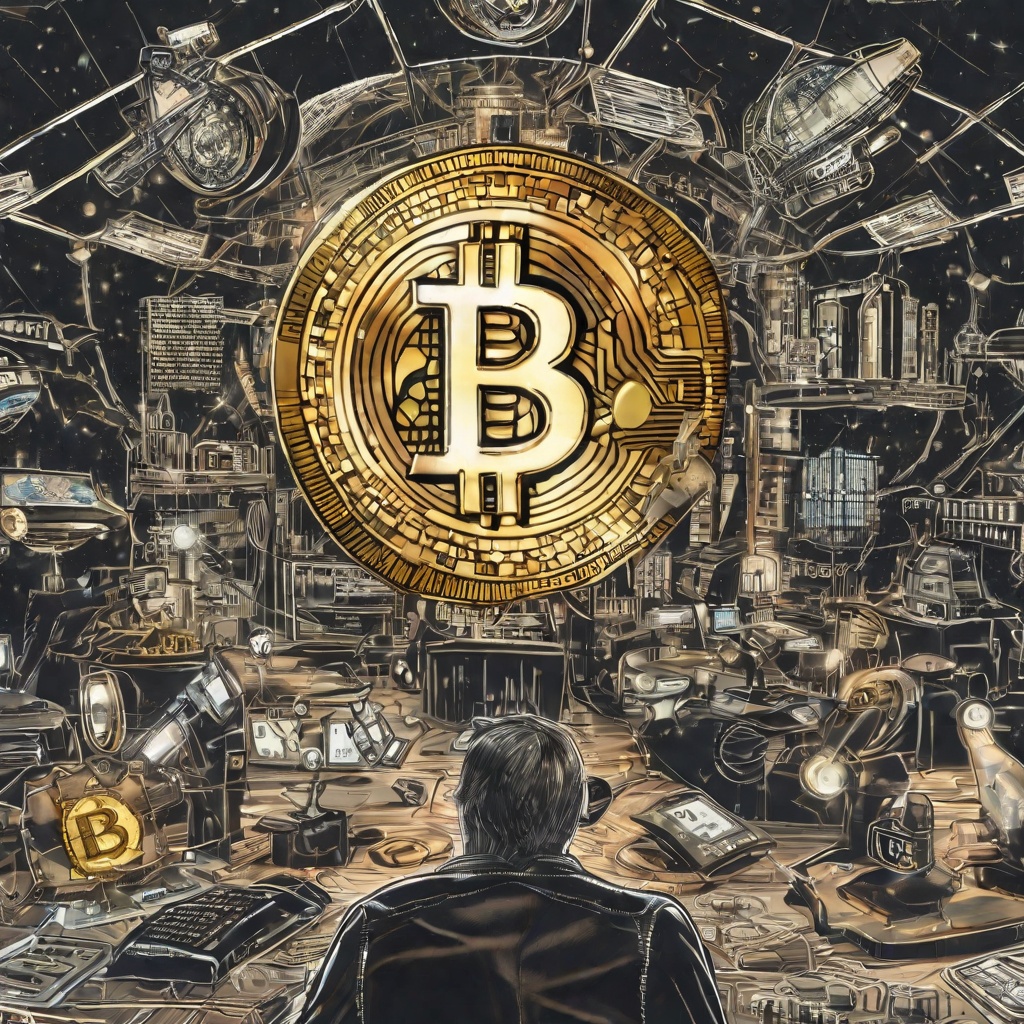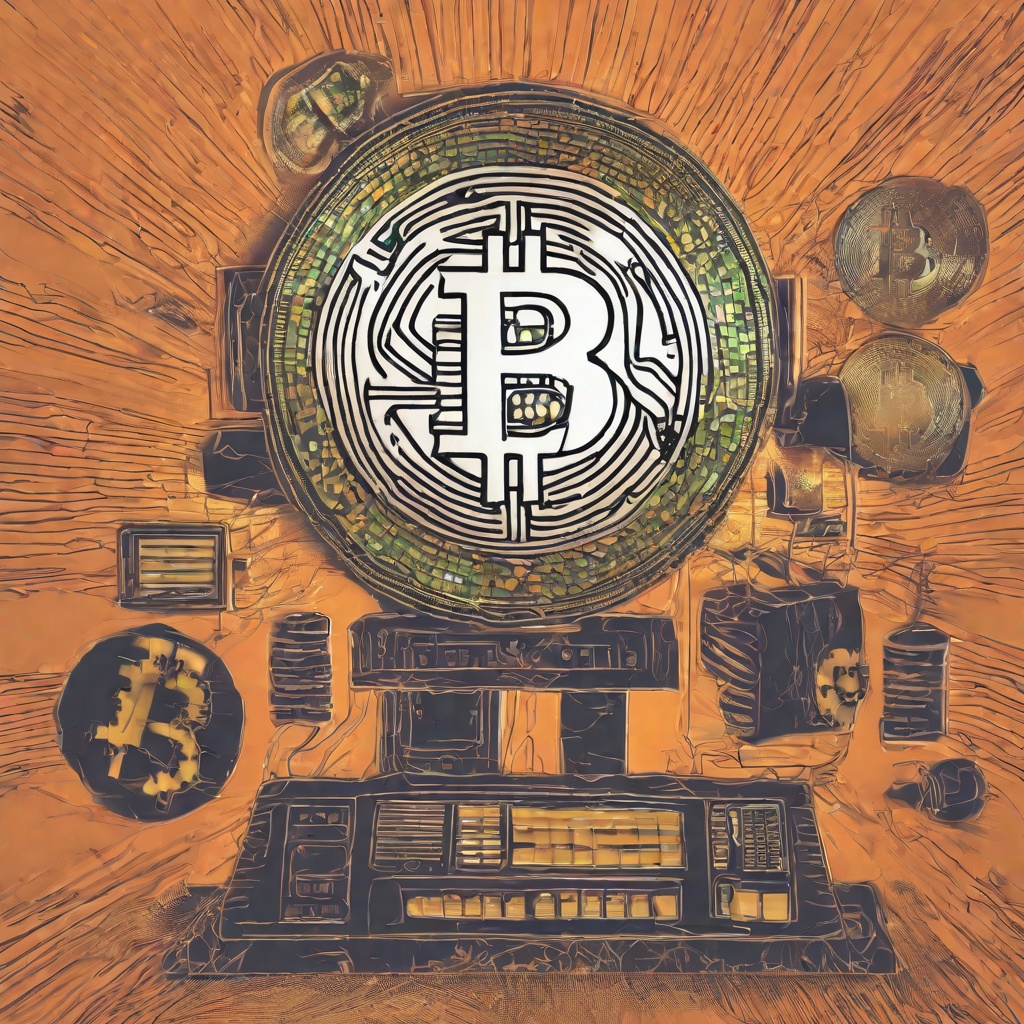Will DeFi eliminate banks?
Could you elaborate on the potential impact of DeFi on traditional banking systems? Is it feasible to envision a future where decentralized finance fully replaces centralized banking institutions, or will they coexist in some form? What are the key factors that will determine the degree of disruption caused by DeFi to the banking sector? And how might regulators respond to the growth of DeFi and its potential to disrupt traditional financial intermediaries?

How do banks make money from securitization?
I'm curious, how exactly do banks generate profits from the process of securitization? Could you elaborate on the key mechanisms and steps involved in this process, and how they ultimately lead to financial gains for the banks? Additionally, what are some potential risks associated with securitization that banks need to be mindful of?

Should banks disclose cryptoassets from January 2025?
Should banks be required to disclose cryptoassets from January 2025? With the increasing popularity and adoption of cryptocurrencies, many investors and regulators are calling for greater transparency in the financial system. However, there are also concerns about the potential risks and challenges associated with integrating cryptoassets into traditional banking systems. What are the potential benefits and drawbacks of mandating such disclosures? How would this impact the banking industry and the broader economy? And what measures could be put in place to ensure the security and stability of the financial system while allowing for the growth and innovation of the crypto market?

Can banks track crypto?
Is it possible for banks to trace and track cryptocurrency transactions? Given the decentralized and often anonymous nature of cryptocurrencies, one might assume that they are immune to traditional banking tracking methods. However, with advancements in blockchain analysis and the increasing collaboration between governments and financial institutions, could banks potentially uncover the identities behind crypto transactions? Are there any specific techniques or tools that banks utilize to monitor crypto activity, and to what extent are they effective in doing so?

Will banks cash coins for free?
As a concerned citizen, I am wondering about the practices of banks when it comes to cashing in coins. Do banks typically offer this service for free, or is there a fee associated with exchanging large quantities of coins for cash? Is this process different from bank to bank, or are there industry-wide standards in place? Understanding the cost and convenience of this service would greatly help me in managing my finances, so I'm eager to hear your insights on the matter.

